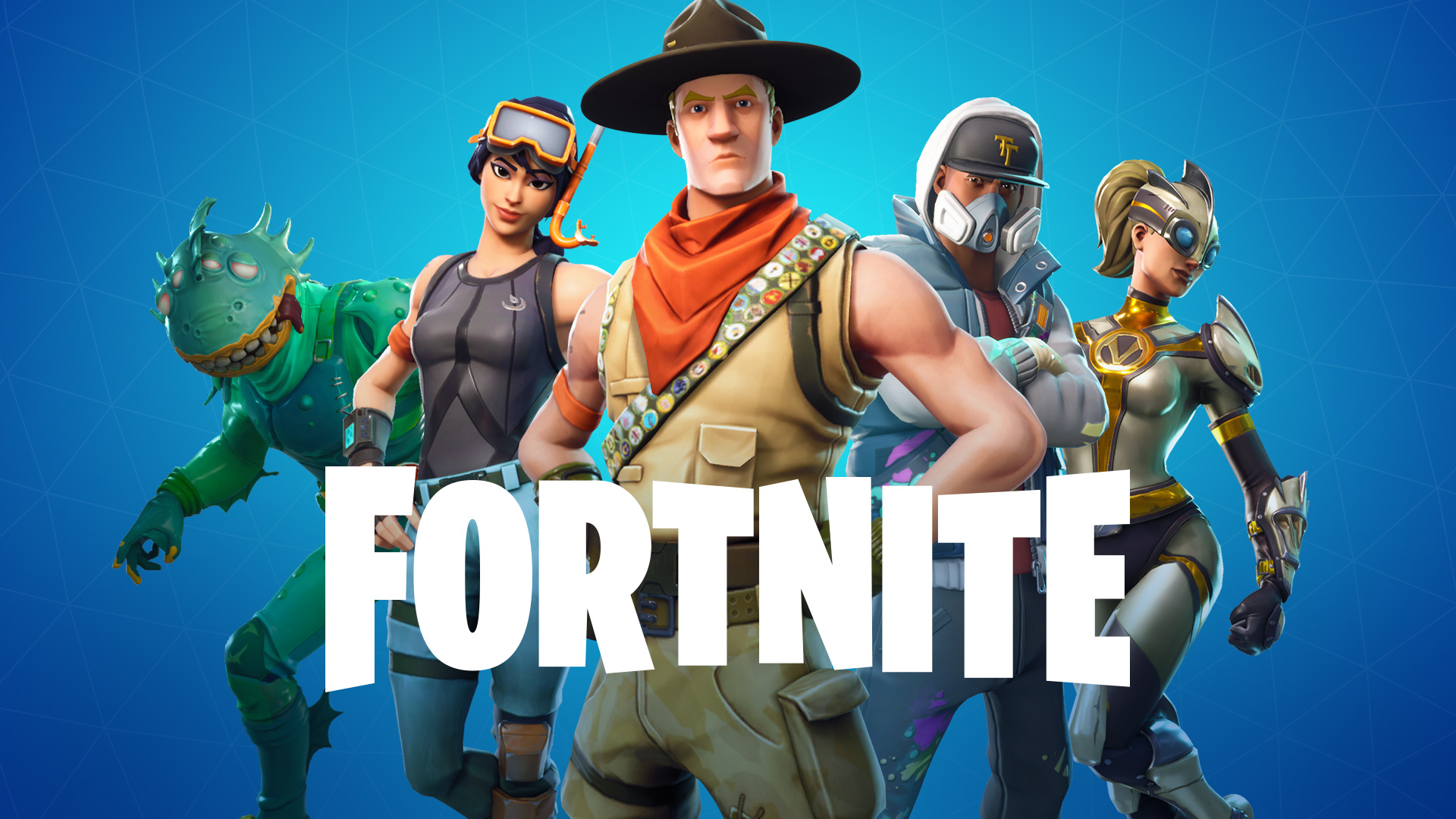 APPS
APPS
 APPS
APPS
 APPS
APPS
Updated:
Epic Games Ltd. is taking legal action following the removal of the mobile version of Fortnite from the Apple App Store and Google Play after the company decided to offer in-app payments.
Fortnite, the world’s popular computer game is free to play, but users of the game can buy customization items such as outfits, “emotes” or short character animations, and a Battle Pass that offers additional features. In the nonmobile versions of the game, those purchases are made directly with Epic Games, but on the mobile versions they have to be made through either the App Store or Google Play — and that’s where the drama starts.
Earlier today, Epic Games issued an update for both the iOS and Android versions of Fortnite, originally released in 2018, that allowed players to purchase items directly from Epic Games at a discounted price. It’s a direct challenge to Apple Inc. and Google LLC’s payment rules that take a 30% cut from all transactions.
Apple was the first to respond, removing Fortnite from the App Store as it cited a breach of their rules. “Epic Games took the unfortunate step of violating the App Store guidelines that are applied equally to every developer and designed to keep the store safe for our users,” an Apple spokesperson told CNBC.
Google followed later in the day, kicking Fortnite out of Play while noting that “developers offering products within a game downloaded on Google Play or providing access to game content must use Google Play In-app Billing as the method of payment.”
Google doesn’t hold a monopoly on Android apps because users can download apps from third-party stores and providers. That means that though it’s sometimes inconvenient, users can still access Fortnite on Android if they want to. By contrast, Apple’s iOS and iPadOS ecosystems are a completely closed shop.
Likely expecting the move, hours after Fortnite was removed from the App Store, Epic Games filed a lawsuit against Apple in the U.S. District Court for the Northern District of California. The lawsuit seeks to establish Apple’s App Store as a monopoly while asking the court for injunctive relief to allow fair competition in mobile app distribution.
“Epic is not seeking monetary compensation from this Court for the injuries it has suffered. Nor is Epic seeking favorable treatment for itself, a single company,” the lawsuit reads. “Instead, Epic is seeking injunctive relief to allow fair competition in these two key markets that directly affect hundreds of millions of consumers and tens of thousands, if not more, of third-party app developers.”
Update: Just hours later, Epic also filed suit against Google, charging that Google’s payment restrictions on the Play Store amount to an illegal monopoly.
Epic Games launched a campaign called #FreeFortnite calling on users to make their voices heard by sharing the news with the hashtag. The company is also attempting to spread its message through viral videos, including a parody of Apple’s famous “1984” commercial.
Epic is now trolling Apple with a '1984' parody commercial. this is amazing pic.twitter.com/fnfPeCErOX
— Rod Breslau (@Slasher) August 13, 2020
As TechCrunch noted, the legal action may have an uphill battle given the narrow focus of the suit.
The lawsuit has already attracted support from Spotify Technology SA, which filed a similar lawsuit in the European Union against Apple last year.
“We applaud Epic Games’ decision to take a stand against Apple and shed further light on Apple’s abuse of its dominant position,” Spotify said in a statement. “Apple’s unfair practices have disadvantaged competitors and deprived consumers for far too long. The stakes for consumers and app developers large and small couldn’t be higher and ensuring that the iOS platform operates competitively and fairly is an urgent task with far-reaching implications.”
Support our mission to keep content open and free by engaging with theCUBE community. Join theCUBE’s Alumni Trust Network, where technology leaders connect, share intelligence and create opportunities.
Founded by tech visionaries John Furrier and Dave Vellante, SiliconANGLE Media has built a dynamic ecosystem of industry-leading digital media brands that reach 15+ million elite tech professionals. Our new proprietary theCUBE AI Video Cloud is breaking ground in audience interaction, leveraging theCUBEai.com neural network to help technology companies make data-driven decisions and stay at the forefront of industry conversations.